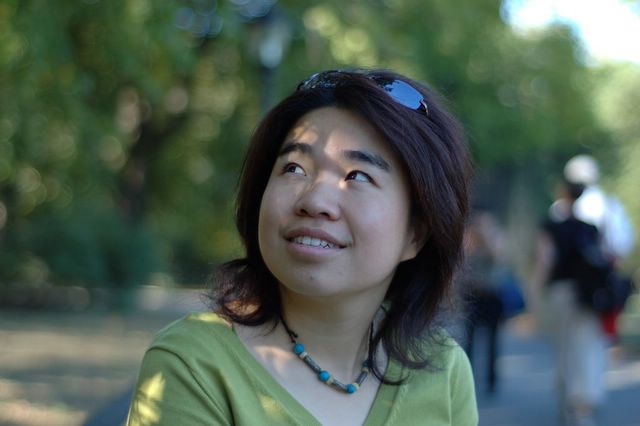
FRom NY Times:
Doris Lessing, the Persian-born, Rhodesian-raised and London-residing novelist whose deeply autobiographical writing has swept across continents and reflects her engagement with the social and political issues of her time, on Thursday won the 2007 Nobel Prize for Literature.
Announcing the award in Stockholm, the Swedish Academy described her as “that epicist of the female experience, who with skepticism, fire and visionary power has subjected a divided civilization to scrutiny.” The award comes with a 10 million Swedish crown honorarium, about $1.6 million.
Ms. Lessing, who turns 88 later this month, never finished high school and largely educated herself through voracious reading. She has written dozens of books of fiction, as well as plays, nonfiction and two volumes of her autobiography. She is the 11th woman to win a Nobel Prize in literature.
Ms. Lessing learned of the news from a group of reporters camped on her doorstep as she returned from visiting her son in the hospital. “I was a bit surprised because I had forgotten about it actually,” she said. “My name has been on the short list for such a long time.”
As the persistent sound of her phone ringing came from inside the house, Ms. Lessing said that on second thought, she was not as surprised “because this has been going on for something like 40 years,” referring to the number of times she has been on the short list for the Nobel. “Either they were going to give it to me sometime before I popped off or not at all.”
Stout, sharp and a bit hard of hearing, after a few moments Ms. Lessing excused herself to go inside. “Now I’m going to go in to answer my telephone,” she said. “I swear I’m going upstairs to find some suitable sentences which I will be using from now on.”
Although Ms. Lessing is passionate about social and political issues, she is unlikely to be as controversial as the previous two winners, Orhan Pamuk of Turkey or Harold Pinter of Britain, whose views on current political situations led commentators to suspect that the Swedish Academy was choosing its winners in part for nonliterary reasons.
Ms. Lessing’s strongest legacy may be that she inspired a generation of feminists with her breakthrough novel, “The Golden Notebook.” In its citation, the Swedish Academy said: “The burgeoning feminist movement saw it as a pioneering work and it belongs to the handful of books that informed the 20th century view of the male-female relationship.”
Ms. Lessing wrote candidly about the inner lives of women and rejected the notion that they should abandon their own lives to marriage and children. “The Golden Notebook,” published in 1962, tracked the story of Anna Wulf, a woman who wanted to live freely and was in some ways Ms. Lessing’s alter-ego.
Because she frankly described anger and aggression in women, she was attacked as “unfeminine.” In response, Ms. Lessing wrote: “Apparently what many women were thinking, feeling, experiencing came as a great surprise.”
Although she has been held up as an early feminist icon, Ms. Lessing later disavowed that she herself was a feminist, earning the ire of some British critics and academics.
Clare Hanson, professor of 20th century literature at the University of Southampton in Britain and a keynote speaker at the second international Doris Lessing Conference this past July, said: “She’s been ahead of her time, prescient and thoughtful, immensely wide-ranging.”
Ms. Lessing was born Doris May Tayler in 1919 in what was then known as Persia (now Iran). Her father was a bank clerk and her mother was trained as a nurse. Lured by the promise of farming riches, the family moved to Rhodesia where Ms. Lessing had what she has described as a painful childhood.
She left home when she was 15 and in 1937, she moved to Salisbury (now Harare) in Southern Rhodesia, where she took jobs as a telephone operator and nursemaid. At 19, she married and had two children. A few years later, feeling imprisoned, she abandoned her family. She later married Gottfried Lessing, a central member of the Left Book Club, a left wing organization, and they had a son together.
Ms. Lessing, who joined the Communist Party in Africa, dropped out of the party in 1954 and repudiated Marxist theory during the Hungarian crisis of 1956, a view for which she was criticized by some British academics.


没有评论:
发表评论